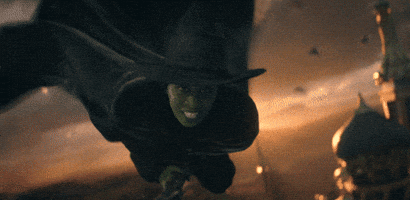SCOTUS might argue that SK is acting consistently with their recent decision since Yoon was first impeached and now is being arrested.
I didn’t want to write book but I was thinking about how an impeachment conviction is virtually impossible here when I wrote n my previous post. I also recognize that arrest while still in office has pretty much always been impossible. Yes, that did not change.
But I think there are a few points that are relevant here.
1. Nothing in the scotus ruling opened the door to criminal charges after impeachment and removal from office. I am pretty sure they all but ruled out a criminal charges after impeachment. They said removal from office is the way to handle it but that is the extent of our abilities.
2. Even if removal from office ever had a chance, that isn’t a sufficient punishment to offset the feeling of invulnerability the court gave the president. Now a president of SK knows if he pulls this crap he might not only be removed from office but may face jail.
3. Finally Roberts may argue that not every single thing a president could do has immunity but they did nothing to define the guardrails and left the impression that anything that can in any way be argued as an official act has immunity. Even if killing a rival wouldn’t be considered an official act, there isn’t a person who can say for sure it wouldn’t be considered one if the proper language was used to try to justify it. So while the court may argue in some future day that they didn’t intend for it to provide immunity in such a case, they’ve left the impression that it would and the impression is really all you need to usher in an age of authoritarian.
I am not saying I know Trump will do such a thing but I am confident that he feels that a future criminal prosecution is an impossibility. Whether SCOTUS meant to give him such confidence is immaterial. They have and the will bear some blame if that leads to abuses of power that we have never seen before.
Roberts can’t come back and say, well, I didn’t think our ruling was going to be interpreted that way if a president decided to pull a Hussein and escort congressmen out of the State of th Union to be executed. Leaving it unclear whether such I thing could result in criminal charges because you made a bad ruling and left the impression that there are no guardrails is enough to qualify as a dangerous and historically bad decision.
I used the Hussein example as an extreme situation to make a point. I am in no way predicting that that will happen. But it isn’t unreasonable to believe a president would feel that he might be able to do such a thing - especially when combining that ruling with pardon powers including self pardon powers. I don’t think any legal scholar would now argue that self pardon isn’t valid after the immunity ruling. The “can’t be your own judge” argument pretty much went out the window after the immunity ruling. There is a 0% chance that this court would rule against a self pardoned.


